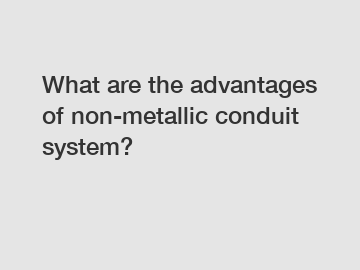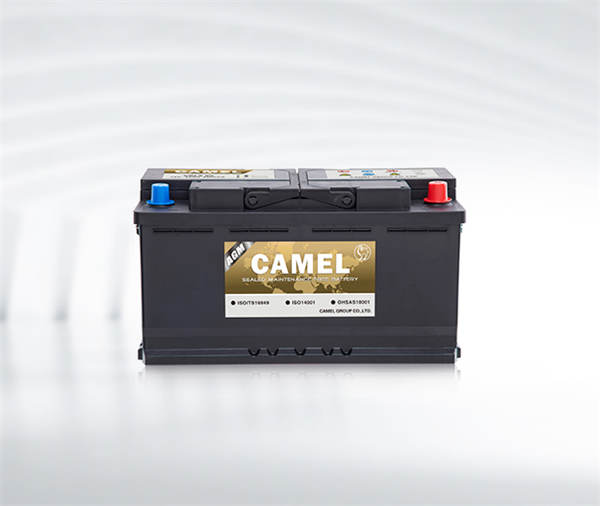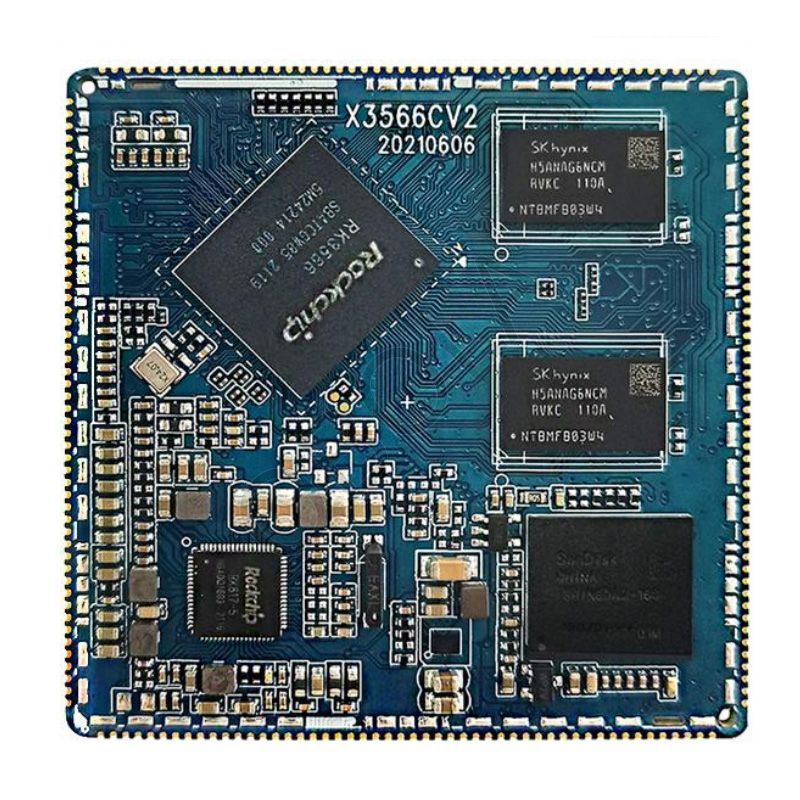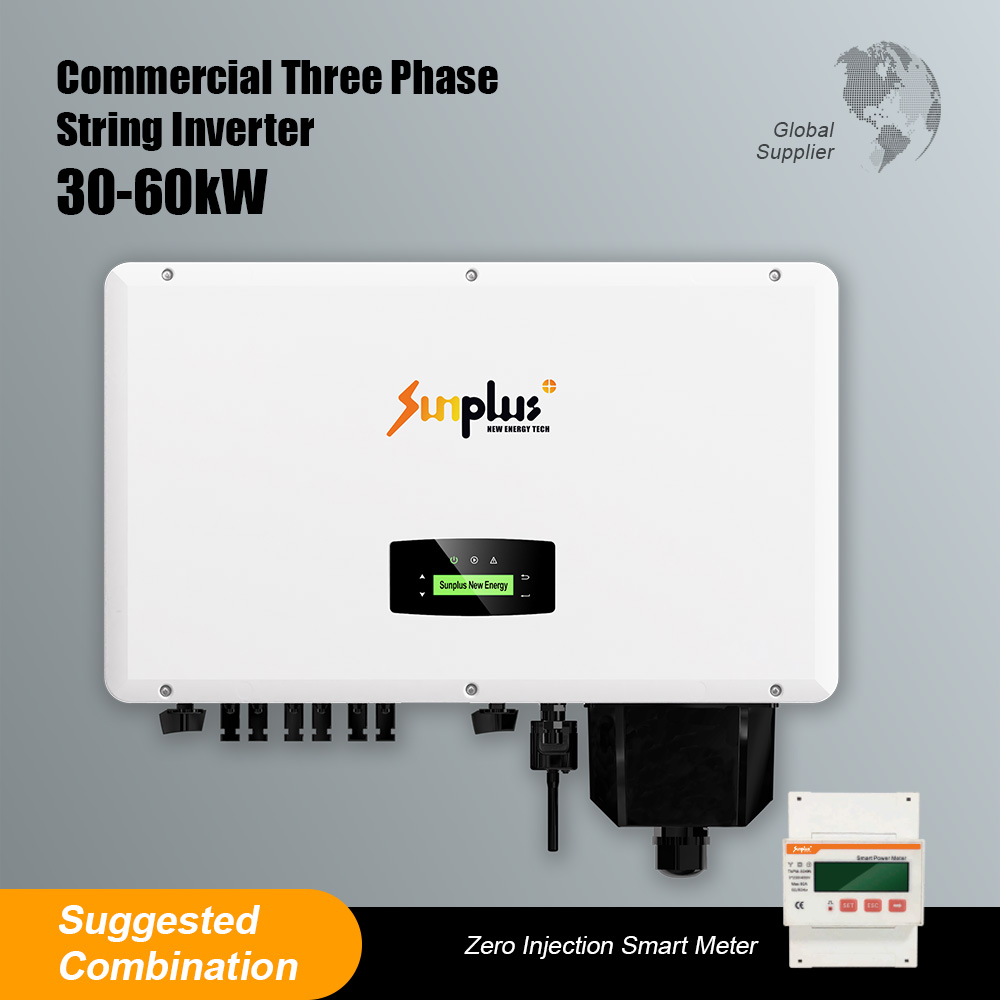What are the advantages of non-metallic conduit system?
Mar. 27, 2024
Non-metallic conduit systems have numerous advantages that make them a popular choice in various applications. One of the key advantages of non-metallic conduit systems is their superior corrosion resistance. Unlike metal conduit systems, non-metallic conduits are not susceptible to rust or corrosion, making them ideal for use in corrosive environments.
The corrosion resistance of non-metallic conduit systems can be attributed to their construction materials, such as PVC or HDPE, which are inherently resistant to chemical reactions that cause metal conduits to degrade over time. This resistance ensures that non-metallic conduit systems have a longer service life and require minimal maintenance, resulting in cost savings for users.
Additionally, non-metallic conduit systems are lightweight and easy to install, making them a convenient choice for both professionals and DIY enthusiasts. The flexibility of non-metallic conduit systems also allows them to be easily bent and shaped to fit various installation requirements, reducing the need for additional fittings and connectors.

How to Choose a Removable Trail Power Track?
Unlock Safety: How RCB Circuit Breakers Solve Your Electrical Woes
Power Up Your Operations: Overcoming Common Pain Points with Innovative Conductor Bar Systems
What Are the Key Applications of Track Sockets?
Electrical Transformer: Top 7 Benefits You Need to Know!
Top 5 Benefits of Choosing an Electrical Switchgear Manufacturer
Furthermore, non-metallic conduit systems provide excellent electrical insulation, protecting wires and cables from interference and ensuring a reliable electrical connection. This insulation can help prevent electrical accidents and improve the overall safety of the installation.
In terms of impact, the advantages of non-metallic conduit systems go beyond just convenience. Their superior corrosion resistance and durability make them a sustainable choice for long-term use, reducing the need for frequent replacements and minimizing environmental impact. Additionally, the ease of installation and maintenance of non-metallic conduit systems can result in lower installation costs and reduced downtime, making them a cost-effective solution for various applications.
Overall, the advantages of non-metallic conduit systems make them a reliable and practical choice for various industries and applications. Whether it is for electrical wiring in residential buildings or industrial settings, the benefits of non-metallic conduit systems are clear – offering durability, convenience, and cost savings that contribute to their widespread popularity in the market.
For more Armored Optical Fiber Cable, Liquid Tight Conduit, Flexible Stainless Steel Conduitinformation, please contact us. We will provide professional answers.
Recommended article:RF970 positioning type intrusion detection system provides a security guarantee for a prison in Hunan
10 Useful Commercial Solar Inverters
SMT PCB Buffer vs. Conveyors: Which Is Better for Your Assembly Line?
Power Rail Track System: The Ultimate Guide to Efficient Rail Solutions
Maximizing Efficiency: How Magnetic Components Drive Innovation
Unlock Performance: Custom Magnetics to Overcome Your Product Pain Points
Key Considerations for Purchasing Conductor Bar Systems
524
0
0
Next: None





Comments
All Comments (0)